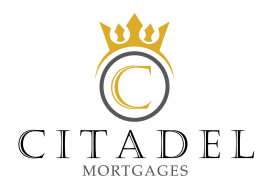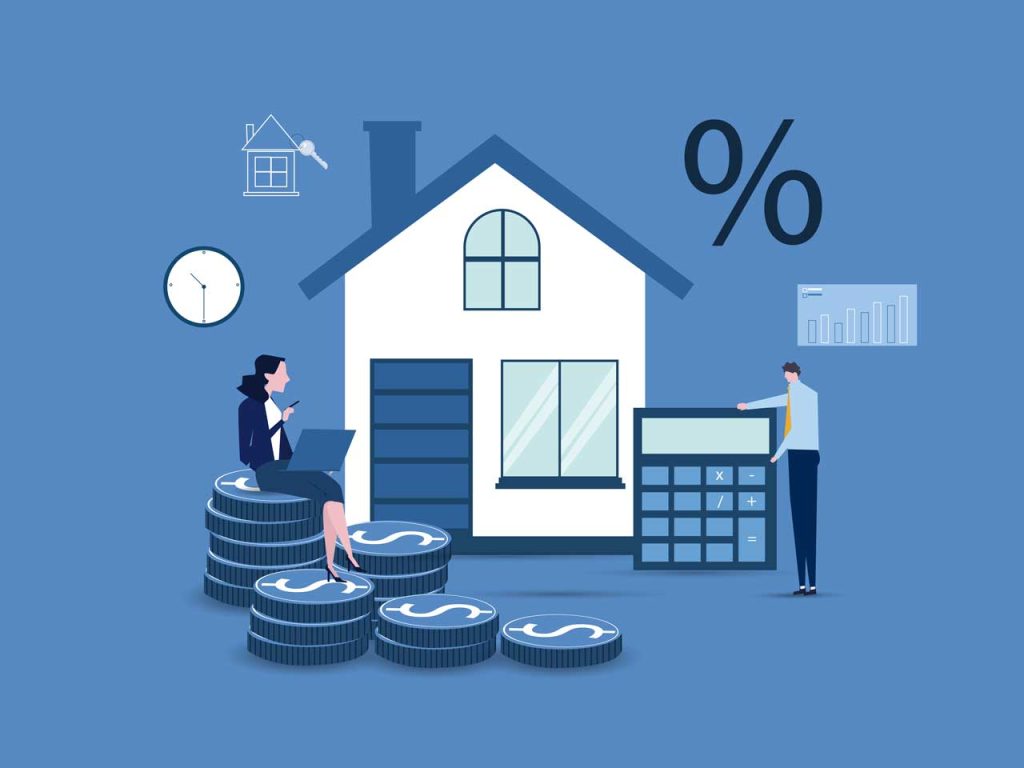Are you considering getting a home equity loan in Canada? If so, one of the key factors that lenders will consider is your credit score. Your credit score plays a crucial role in determining your eligibility for a home equity loan and the terms and interest rates you may receive. In this article, we will explore the credit score requirements for a home equity loan and provide you with some valuable insights to help you navigate the borrowing process.
Understanding Home Equity Loans
Before we delve into credit score requirements, let’s first understand what a home equity loan is. A home equity loan, also known as a second mortgage, allows homeowners to borrow against the equity they have built in their homes. This type of loan is secured by the value of your property and can be used for various purposes, such as home renovations, debt consolidation, or major expenses.
Home equity loans typically provide borrowers with a lump sum of money that is repaid over a fixed period of time, usually with a fixed interest rate. The loan is secured by your home, which means that if you fail to make the payments, the lender can potentially foreclose on your property.
Credit Score Requirements for a Home Equity Loan
Now, let’s address the burning question: what credit score do you need for a home equity loan in Canada? The credit score requirements can vary depending on the lender and other factors, but generally, a higher credit score will increase your chances of qualifying for a home equity loan and securing more favorable terms.
In Canada, the minimum credit score required for a home equity loan is typically around 620-650. However, keep in mind that this is just a general guideline, and each lender may have its own specific requirements. Some lenders may be more lenient with credit scores, while others may have stricter criteria.
Factors That Influence Credit Score Requirements
While credit scores play a crucial role in determining your eligibility for home equity loans in Canada, they are just one piece of the puzzle. Lenders take a holistic approach when evaluating applicants for these loans, considering various factors that collectively determine your suitability. Here are some key factors that influence credit score requirements:
1. Loan-to-Value Ratio (LTV):
The Loan-to-Value Ratio, or LTV, is a significant factor in the approval process for home equity loans. It represents the proportion of the loan amount relative to the appraised value of your home. Different lenders and loan programs may have varying maximum LTV requirements. If your LTV is on the higher side, you may need a stronger credit score to meet the lender’s criteria. This is because a higher LTV poses a greater risk to the lender, and they may seek reassurance through a higher credit score.
2. Debt-to-Income Ratio (DTI):
Your Debt-to-Income Ratio, or DTI, indicates the percentage of your monthly income that is allocated to servicing your debts. Lenders want to ensure that you have sufficient income to comfortably manage your loan payments without undue financial strain. If your DTI is relatively high, lenders may require a higher credit score to mitigate the increased risk associated with borrowers who have a greater debt burden.
3. Employment and Income Stability:
Stable employment and a consistent income stream are attributes that lenders highly value. A reliable employment history and a steady income contribute positively to your creditworthiness. These factors can not only help you secure a home equity loan but also potentially lower the credit score requirements, as lenders perceive lower risk when dealing with borrowers with strong financial stability.
4. Credit History:
Beyond your credit score, lenders scrutinize your credit history closely. They assess your payment history, the duration of your credit history, and the diversity of credit accounts you maintain. A positive credit history can offset a slightly lower credit score, as it demonstrates responsible financial behavior over time. Timely payments, a lengthy credit history, and a mix of credit types can all contribute to a favorable credit profile.
How to Improve Your Credit Score for a Home Equity Loan
If your credit score doesn’t meet the requirements for a home equity loan, don’t worry. Improving your credit score is essential when considering financial options like home equity loans in Canada. Here’s a detailed breakdown of key steps to help you achieve a healthier credit profile:
Timely Bill Payments:
Consistently paying your bills on time is crucial. Late payments can significantly dent your credit score and make lenders wary. Set up reminders or automate payments to ensure you never miss a due date. This practice showcases responsible financial behavior and contributes to a positive credit history.
Debt Reduction Strategy:
High levels of debt can weigh down your credit score. To enhance your creditworthiness, focus on reducing existing debts. Start with high-interest debts, like credit card balances. Implement a budget to allocate extra funds toward debt repayment. Lowering your debt balances improves your credit utilization ratio, demonstrating financial responsibility.
Diversified Credit Portfolio:
Maintaining a healthy credit mix can boost your credit score. This mix typically includes credit cards, loans, and a mortgage. Lenders like to see that you can manage various types of credit responsibly. However, be cautious about taking on new credit if you’re already grappling with debt. Seek a balance that aligns with your financial capacity.
Monitor Your Credit Report:
Regularly checking your credit report is vital. It allows you to keep tabs on your financial history and detect errors or discrepancies that could negatively affect your credit score. Obtain free annual credit reports from credit bureaus and scrutinize them for inaccuracies. If you find any errors, promptly dispute them to have them corrected. A clean and accurate credit report is a key asset when applying for home equity loans in Canada.
By following these comprehensive steps, you can not only improve your credit score but also position yourself favorably when considering financial options like home equity loans in Canada. Building a strong credit profile takes time and discipline, but the long-term benefits are well worth the effort.
Frequently Asked Questions
Q: Can I get a home equity loan with bad credit?
A: While it may be more challenging to qualify for a home equity loan with bad credit, it is not impossible. Some lenders specialize in providing loans to individuals with less-than-perfect credit. However, you may face higher interest rates and less favorable terms.
Q: Can a home equity loan help improve my credit score?
A: If you make timely payments on your home equity loan, it can positively impact your credit score over time. By demonstrating responsible borrowing behavior, you can show lenders that you are a reliable borrower.
Q: How can a mortgage broker help me find a home equity loan with a low credit score?
A: Mortgage brokers have access to a wide network of lenders and can help match you with a lender who is more likely to approve your home equity loan application, even with a low credit score. They can also provide guidance and support throughout the borrowing process.
In Conclusion
When considering a home equity loan, it’s important to understand the credit score requirements and the factors that influence them. While a higher credit score will give you more favorable terms, there are options available for individuals with lower credit scores. By improving your credit score and working with a mortgage broker, you can increase your chances of qualifying for a home equity loan that meets your needs.
Remember, each lender may have its own specific requirements, so it’s essential to shop around and compare offers from different lenders to find the best loan terms for your situation. If you have any questions or need assistance, reach out to Citadel Mortgages, your trusted mortgage brokers in Canada. They can provide expert advice and help you navigate the borrowing process with ease.

Unexpected costs when buying a home in Canada
When buying a home in Canada, there are several unexpected costs that buyers should be aware of to avoid financial surprises. Some of the key

Considering An Early Mortgage Renewal
Why consider renewing your mortgage ahead of time? Well, one big reason is changes in interest rates. If rates drop, jumping on an early renewal

How to get a HELOC on an Investment Property in Canada
To get a Home Equity Line of Credit (HELOC) on an investment property, you need to follow these steps: 1. Know Your Finances: Estimate the

Expert Advice: Buying a House in Cash in Canada
In exploring the possibility of buying a house in cash in Canada, it’s essential to understand the various aspects that come into play. Here’s a

Average Down Payment for a House in Canada
According to the Canadian Real Estate Association, the average house price in Canada hit around $637,673 in August 2022. This means if you’re looking to

Assumable Mortgages: An In-Depth Look
Assumable mortgages are a unique financing alternative that could potentially save you thousands of dollars and simplify the home-buying process. But what exactly are they





